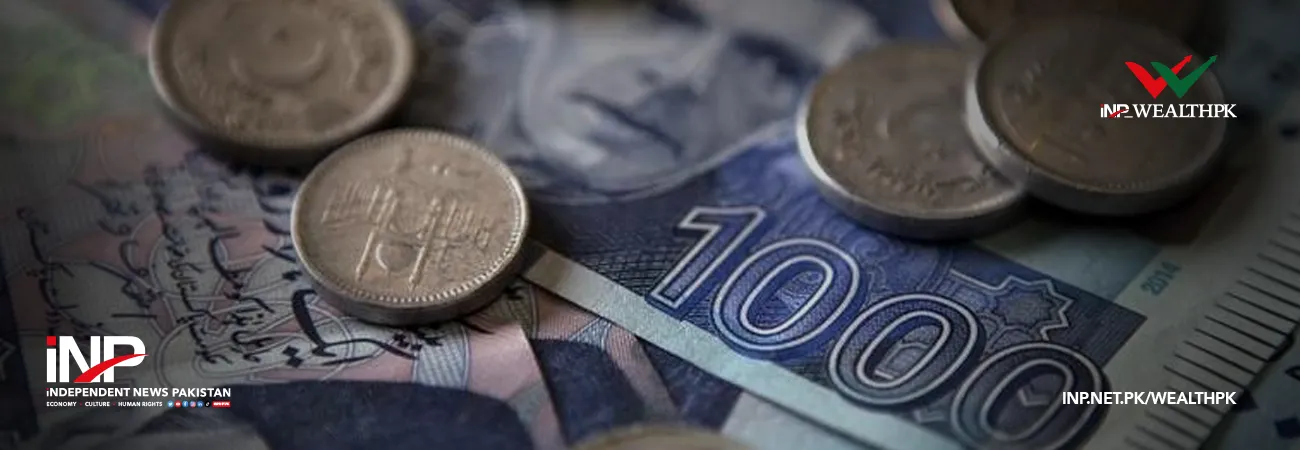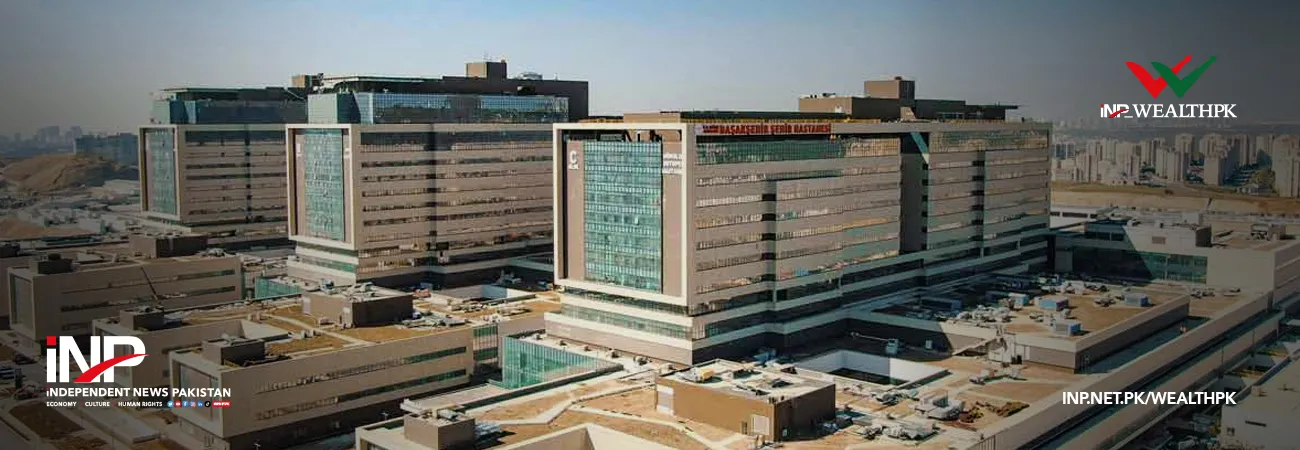INP-WealthPk
Ayesha Saba
As global economic models evolve, aligning investment strategies with international best practices is crucial for Pakistan to navigate economic challenges while leveraging its strategic resources and location, experts emphasised.

They called for adopting a structured, globally-informed framework that can drive sustainable growth and reduce vulnerabilities. Dr Hassan Sheikh, a former economist at the World Bank, said one key area where Pakistan can gain inspiration from global models is fostering an investment-friendly environment. “Countries like Vietnam and Bangladesh have effectively harnessed foreign direct investment by formulating policies that reduce bureaucratic hurdles, provide tax incentives and ensure regulatory transparency.”
He emphasised that Pakistan’s existing policies lack cohesion and often deter investors due to unpredictable shifts in tax regimes and excessive red tape. He suggested adopting a stable, predictable policy framework that not only attracts FDI but also encourages reinvestment in key sectors such as manufacturing and technology. Sheikh stressed that Pakistan must focus on integration of export-led growth strategies as seen in East Asian economies like South Korea. “These countries have utilised targeted government support for export-oriented industries while maintaining strict quality control standards to penetrate global markets.”
The former World Bank economist highlighted the potential of Pakistan’s textile and agricultural sectors, which remain underutilised despite their global demand. He advocated for investment in modernising production techniques, improving logistics, and securing long-term trade agreements to ensure competitiveness in international markets. Dr Waqas Ahmed, a policy expert, stressed the importance of prioritising local job creation and industries connected to infrastructure development.
He warned that without aligning infrastructure projects with domestic economic needs, Pakistan risks falling into a debt trap. He also underscored the importance of institutional reforms to implement these strategies effectively. “Countries like Singapore and Malaysia have built strong institutions to ensure policy continuity and accountability. For Pakistan, addressing governance challenges and enhancing institutional efficiency is critical.” Ahmed noted that decentralisation, particularly empowering provincial governments to make localised economic decisions, could be a game-changer in ensuring that investment policies address regional disparities and promote inclusive growth.
“By adopting a strategic approach that incorporates global best practices into its investment framework, Pakistan has the opportunity to overcome its structural challenges and unlock its economic potential. However, this requires a concerted effort from policymakers, private sector stakeholders, and international partners to create a coherent, sustainable, and forward-looking economic model,” he emphasised.
Credit: INP-WealthPk













